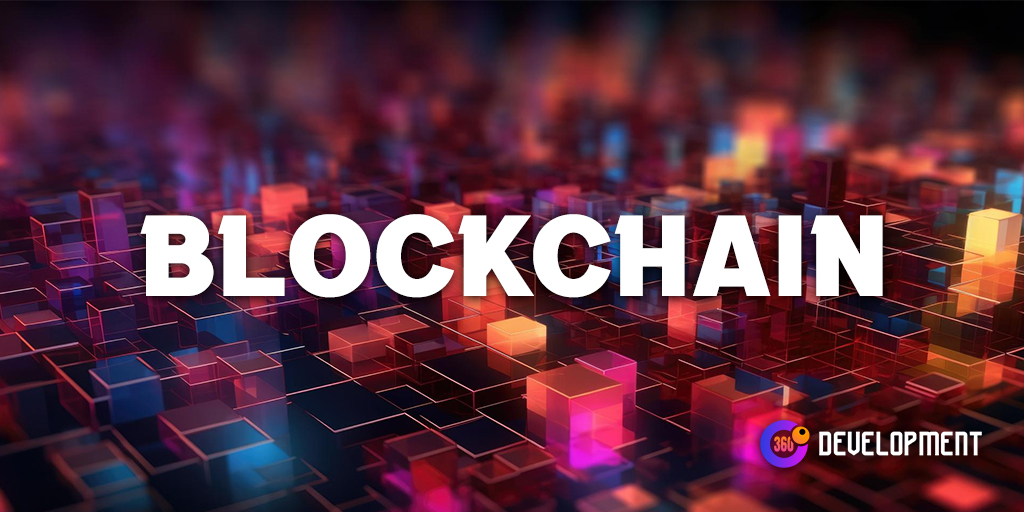Blockchain: Revolutionizing Security and Trust
Blockchain technology has emerged as a game-changer in the digital landscape, revolutionizing security, transparency, and trust in various industries. Initially known for its association with cryptocurrencies like Bitcoin, blockchain has evolved into a transformative technology with applications spanning beyond digital currencies. In this article, we will explore what blockchain is, how it works, and the impact it has on different sectors.
What is Blockchain?
At its core, blockchain is a decentralized and distributed digital ledger that records transactions across multiple computers. These transactions are grouped into blocks and linked together in a chronological chain, forming a permanent and tamper-proof record. Each block contains a unique cryptographic hash, which ensures the integrity of the data and makes it extremely difficult to alter or manipulate the information stored within.
How Does Blockchain Work?
Blockchain operates on the principles of transparency, decentralization, and consensus. When a transaction occurs, it is broadcasted to a network of computers, known as nodes. These nodes validate the transaction using predefined rules and algorithms. Once verified, the transaction is added to a new block along with other validated transactions.
To ensure consensus, blockchain relies on different consensus mechanisms such as Proof of Work (PoW) or Proof of Stake (PoS). PoW requires nodes to solve complex mathematical puzzles, while PoS depends on the proportion of cryptocurrency held by a participant. These mechanisms ensure that a majority of the network agrees on the validity of transactions, enhancing security and trust.
Advantages of Blockchain Technology
Security and Trust:
Blockchain provides enhanced security and trust by eliminating the need for intermediaries or central authorities. The decentralized nature of blockchain makes it resilient to hacking and fraud attempts. Additionally, the transparency and immutability of blockchain data create a high level of trust among participants.
Transparency and Traceability:
Blockchain enables transparent and traceable transactions. Once a transaction is recorded on the blockchain, it becomes visible to all participants. This transparency enhances accountability, as every action on the blockchain can be audited and verified.
Efficiency and Cost Reduction:
By removing intermediaries and automating processes, blockchain streamlines transactions, reducing the need for manual reconciliation and paperwork. This efficiency leads to cost savings, faster settlement times, and improved overall operational efficiency.
Immutable Records:
Once data is recorded on the blockchain, it cannot be altered or deleted. This immutability ensures the integrity of the information and reduces the risk of data tampering or fraud.
Smart Contracts:
Blockchain enables the execution of smart contracts, which are self-executing agreements with predefined rules and conditions. These contracts automatically trigger actions when specific conditions are met, eliminating the need for intermediaries and reducing the potential for human error.
Applications of Blockchain Technology
Financial Services:
Blockchain has disrupted the financial industry by providing secure and efficient alternatives to traditional systems. It has facilitated faster cross-border payments, improved remittance processes, and enabled the development of decentralized financial applications (DeFi) such as decentralized lending and decentralized exchanges.
Supply Chain Management:
Blockchain enhances supply chain management by providing end-to-end visibility, traceability, and transparency. It enables stakeholders to track the movement of goods, verify product authenticity, and ensure compliance with regulations. This technology reduces counterfeiting, improves inventory management, and streamlines logistics processes.
Healthcare:
In the healthcare sector, blockchain improves data integrity, privacy, and interoperability. It allows secure sharing of patient data among healthcare providers, enhances the security of medical records, and enables better management of clinical trials and drug supply chains. Blockchain also empowers patients by giving them control over their health data.
Identity Management:
Blockchain provides a decentralized and secure solution for identity management. It allows individuals to have control over their digital identities, reducing the risk of identity theft and fraud. Blockchain-based identity systems enable self-sovereign identity, where users can manage and authenticate their identities without relying on centralized authorities.
Voting Systems:
Blockchain has the potential to revolutionize voting systems by ensuring transparency, security, and tamper-proof results. It can eliminate voter fraud, enhance trust in the electoral process, and enable remote voting while maintaining the anonymity of voters.
Conclusion
Blockchain technology has emerged as a powerful tool, revolutionizing security, transparency, and trust across various industries. Its decentralized nature, immutability, and consensus mechanisms provide a foundation for secure and efficient digital transactions. From financial services and supply chain management to healthcare, identity management, and voting systems, blockchain is transforming industries and paving the way for a more secure and transparent future.

